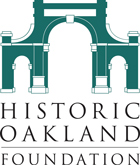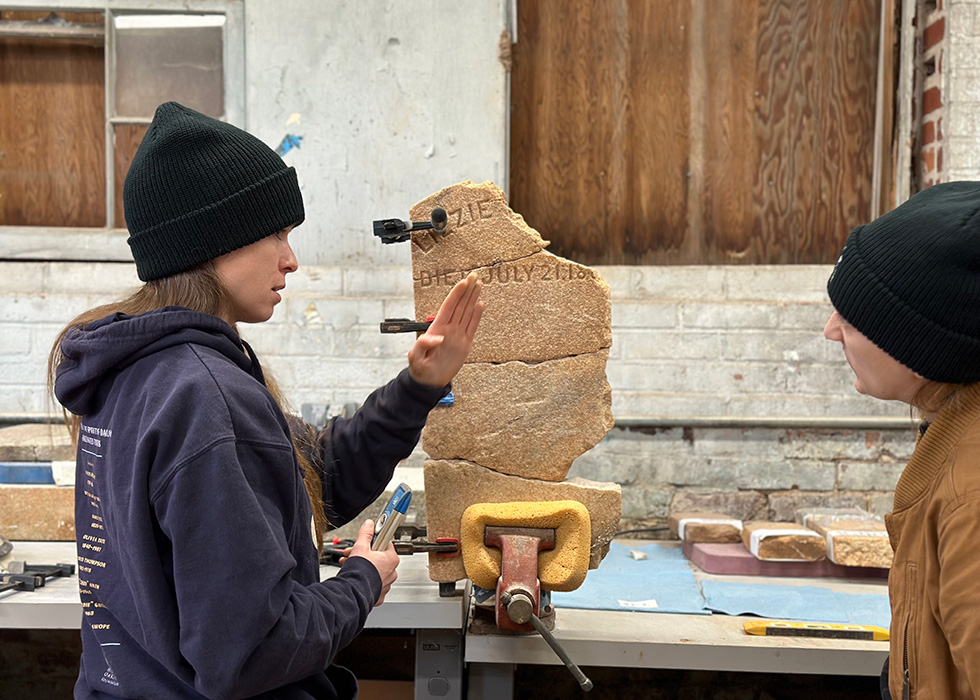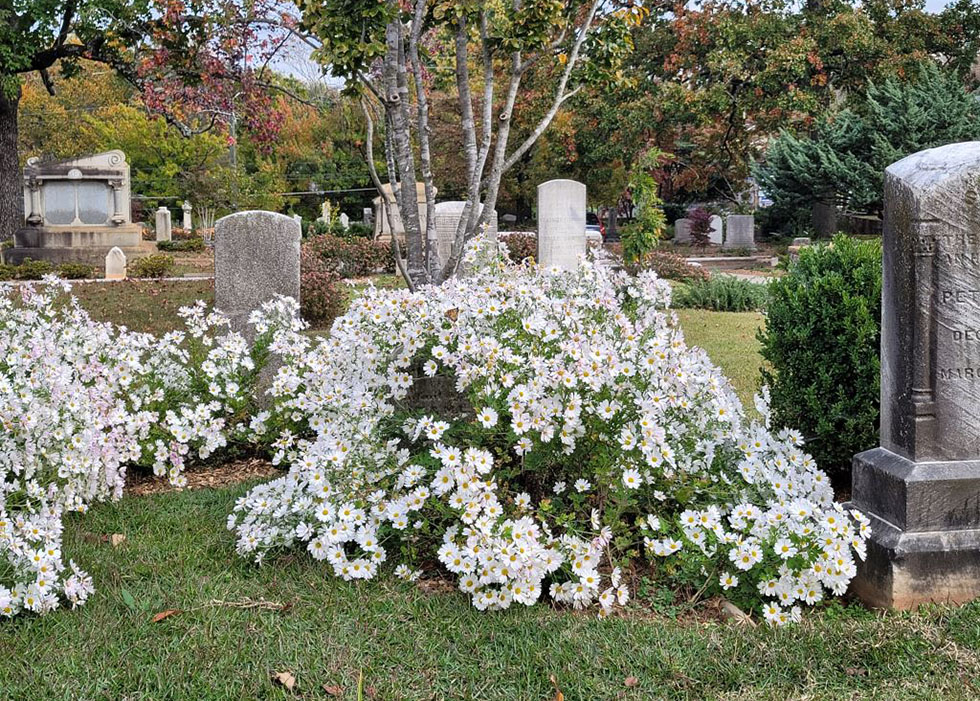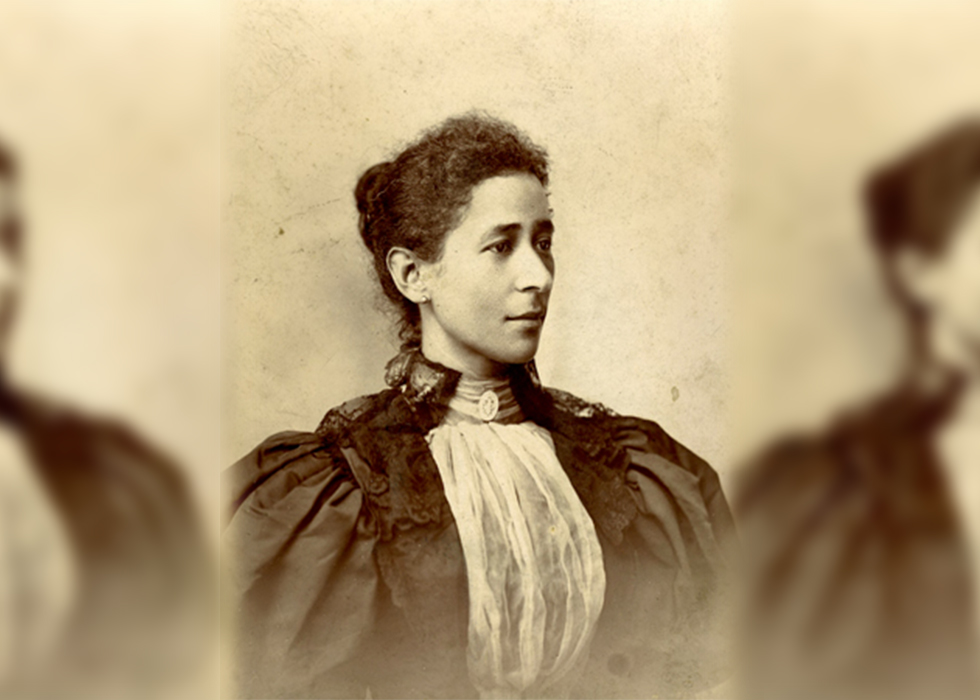
The History of Juneteenth
Juneteenth, a nationally-recognized commemoration of the end of slavery in the United States, is celebrated every year on June 19. Discover the history of the holiday and how Historic Oakland Foundation honors the generations of men and women that suffered under the yoke of bondage and segregation.
The Origin of Juneteenth
On June 19, 1865, Union General Gordon Granger arrived in Galveston, Texas bearing General Order Number Three:
The people of Texas are informed that, in accordance with a proclamation from the Executive of the United States, “all slaves are free.” This involves an absolute equality of personal rights and rights of property between former masters and slaves, and the connection heretofore existing between them becomes that between employer and hired labor.
The Emancipation Proclamation freed all enslaved persons living in Confederate states in rebellion on January 1, 1863. This order applied to secessionist Texas, but more than 250,000 enslaved men, women, and children in the state remained unaware of their freedom. More than two months after the Confederate surrender at Appomattox and more than two years after the issuance of the Emancipation Proclamation, General Granger’s Order Number Three finally released thousands from forced bondage.
Juneteenth, a combination of “June” and “nineteenth,” is also referred to as Emancipation Day, Freedom Day, and Black Independence Day. Juneteenth celebrations initially started as a time of prayer and reassurance as well as an opportunity to gather families together. These themes are still central to celebrations today.
Evolution of the Holiday

The first Juneteenth celebration in Austin, Texas took place in 1867 and was organized by the Freedmen’s Bureau. During Reconstruction, some Juneteenth gatherings were held as political rallies and opportunities to teach newly-enfranchised African American men about their voting rights. Finding space to hold celebrations could be difficult. White landowners and officials often barred the use of public property for festivities, which led to many Juneteenth celebrations being held in local Black churches or rural areas.
In 1872, Reverend Jack Yates organized an effort to purchase land for a Juneteenth celebration in Houston. His church, Antioch Baptist, and Trinity Methodist Episcopal Church formed the Colored People’s Festival and Emancipation Park Association. Reverend Yates, a pastor and former slave, and members of these churches raised nearly $1,000 to purchase 10 acres of land on which to hold Juneteenth celebrations. The area was named Emancipation Park in honor of their freedom. Emancipation Park became the first truly public park in Houston and was a vital community hub for the surrounding African American neighborhood.
As former enslaved men and women migrated out of Texas, Juneteenth started to spread across the nation. During the rise of the Consumer Age in the 1920s, celebrations became more elaborate. However, when the Great Depression occurred it forced many people off of farms and into the cities. In the urban working environment, workers found it harder to get work leave to celebrate the holiday. Unless Juneteenth fell on a weekend, it was difficult to get people to participate. World War II also led to a decline in celebrations as many men and women were involved in the war effort or serving overseas.

The Civil Rights Movement brought a resurgence to the celebration. Empowered African American students linked their struggles for civil rights with that of their ancestors. Student demonstrators in Atlanta in the early 1960s even wore Juneteenth freedom buttons. Reverend Ralph Abernathy’s speech during the 1968 Poor People’s March on Washington sparked an increase in Juneteenth celebrations. Reverend Abernathy called on people of all races, socioeconomic levels, and genders to come together and show support for the poor. Many of the march participants organized Juneteenth celebrations in their hometowns, a first for many cities.
Today, the two largest Juneteenth celebrations take place in Milwaukee and Minneapolis. On June 7, 1979, the Texas legislature passed an act to make Juneteenth a state holiday. 47 states and Washington D.C. now host some kind of Juneteenth celebration.



